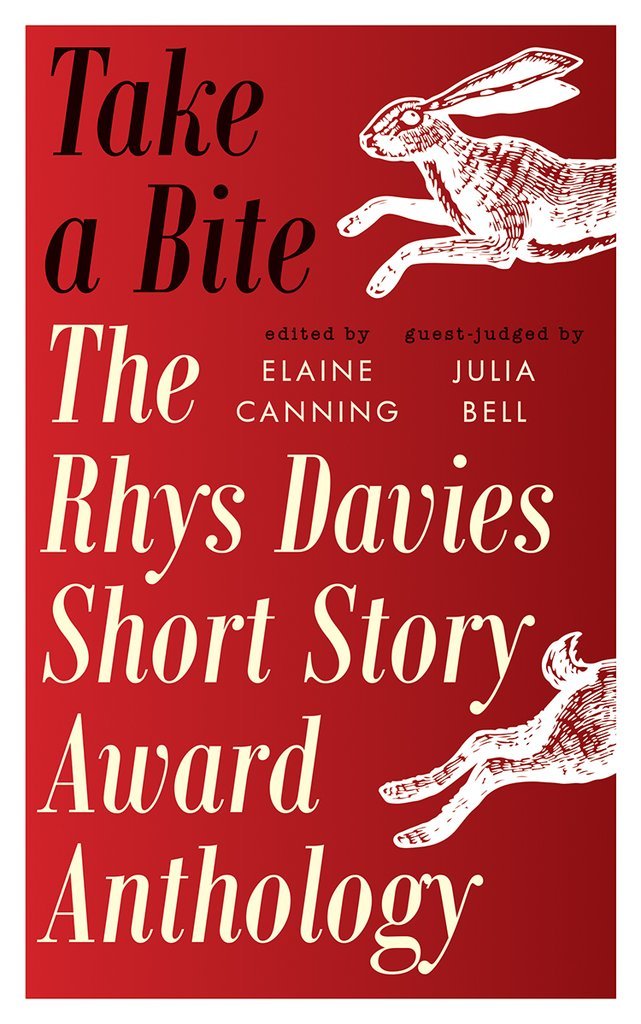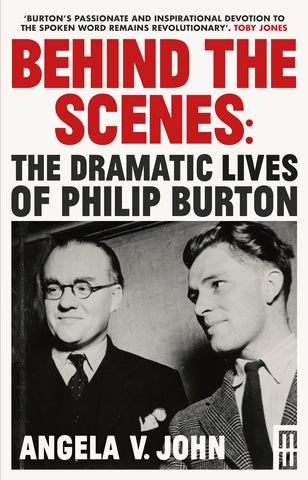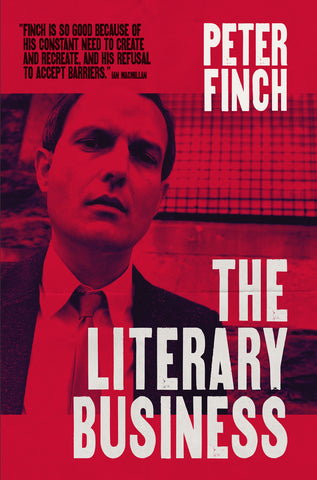For our daily #authorinsight, we were joined by Brennig Davies who discussed his short story, ‘Dogs in a Storm’, shortlisted for the 2021 Rhys Davies Short Story Award!

Brennig is a writer from the Vale of Glamorgan, who recently completed a BA in English at Mansfield College. In the past his work has been published in magazines and anthologies, and he has previously won the inaugural BBC Young Writers Award (2015), as well as the Crown at the Urdd National Eisteddfod (2019).
In Brennig’s shortlisted entry, Dogs in a Storm, a mother is desperately hoping for change, verging on transformation as she realises what her life is missing. The sentences are filled with sarcasm and frustration as Mary-Ann desires the life she could have had.
1. What was the inspiration behind ‘Dogs in a Storm’? Was there something you kept in mind as you were writing Mary-Ann’s story, in terms of giving her a distinct narrative?
I think it’s a fact that dogs can sense when a thunderstorm’s coming, because of a change in the atmosphere, and my Mam’s always said storms make her feel excited and jittery too. I was interested in that idea for a long time, and then, when we went on a family holiday to Florida in 2019, we experienced a proper storm—they have proper storms in Florida: torrential rain, and huge winds, and big cracks of lightning in the sky—and I found myself getting restless and worked-up as well, being surrounded by so much natural power. I wanted to try and write a story that could harness some of it, and in particular I wanted it to be a narrative that built and built and built, like the storm itself. Plus, storms have always been symbolic in literature as catalysts of change (I’m thinking of King Lear especially, which I studied at school), so Mary-Ann came to me as someone desperate for change—maybe without even realising it herself at first—and I wanted her to have it, by passing through the eye of the storm.
2. How key did you feel it was it to use her internal dialogue to show her crisis and transformation?
It felt natural to me to write the story in the third person, but I like that the instances of internal dialogue feel a bit like the first person trying to break through, threatening to take over; it’s like she’s hearing voices, but really the voice is just her own, and the reason it feels unfamiliar is because she’s been ignoring it for such a long time. Maybe in a way I wanted the bits of internal dialogue to be like small bolts of lightning which give her a jolt, until she can’t repress them anymore. Also, towards the end, the story veers away from realism and becomes something a bit weirder and wilder, and at that point I wanted it to be uncertain whether what’s happening is actually happening in real life, or whether it’s all inside Mary-Ann’s head (I like that it might be both).
3. What message did you want to send through your story?
I don’t know if I had a specific message in mind when I started writing, but I think in the end it’s a story about making changes in your life—if you’re unhappy, or dissatisfied, or you don’t like the path you’re heading down, it’s still possible to stop and change tack. I wrote the first draft in 2019, but a lot of the editing happened in the first lockdown of 2020, when many people (myself included) were forced to re-evaluate and ask themselves what they wanted. The realisation maybe doesn’t need to be quite as dramatic as Mary-Ann’s storm (or, indeed, a global pandemic!), but I’ll be pleased if people read the story and think maybe it’s not too late ‘to be what you might have been.’
4. Do you have any plans for your writing in the future?
I do (hopefully!) I graduated from university last summer, and since moving back home I’ve tried to take my writing a bit more seriously: I’ve written quite a few new short stories that I’d like to try to corral into a collection, potentially, as well as poems, and hopefully one day a novel. Being shortlisted for the Rhys Davies Short Story Award was a genuine highlight of my year, and I’d like to say thank you to Julia, Elaine, and Parthian for everything, but especially for the confidence boost the shortlisting has given me. I’ve got my fingers crossed that there’ll be more weirdness and wildness to come in 2022.
Thank you so much for taking part in the interview Brennig! Brennig’s short story can be found in The Rhys Davies Short Story Award Anthology 2021, available here. Other stories within the anthology focus on themes of family dynamics, loneliness, and realisation. Together, the collection plays with language, characters, and Welsh writing traditions, to create artistic stories that emotionally move you.
If you missed yesterday's interview with Jupiter Jones, who discussed her short story 'Bird', you can read that here.



